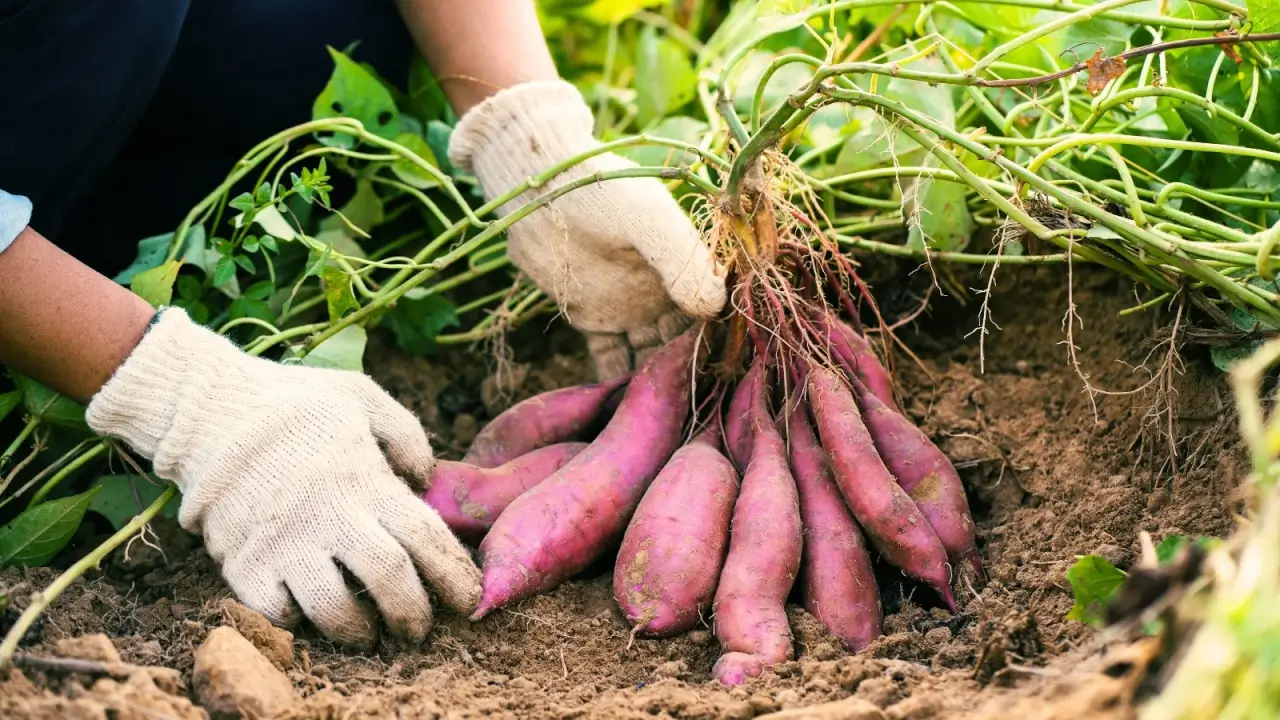
"Sweet potatoes provide a reliable crop for farmers as climate changes. They can grow in various climates and have numerous cultivated varieties suited for different regions."
"With origins in Mesoamerica, sweet potatoes have been cultivated for thousands of years, giving rise to hybrids and both edible and ornamental varieties worldwide."
"Sweet potatoes serve as a potato alternative, offering fiber and starch without significant glycemic impacts, enhancing fat-soluble vitamin absorption and supporting liver health."
"Cultivation of sweet potatoes is possible in less-than-ideal conditions through greenhouse settings, showcasing their adaptability and suitability across diverse farming environments."
Sweet potatoes, scientifically known as Ipomoea batatas, have a rich history and are known for their adaptability to different climates. They are cultivated globally due to their ability to thrive in various environmental conditions. With a lineage tracing back to Mesoamerica, they come in numerous varieties suited for different regions. Health-wise, sweet potatoes are increasingly viewed as a nutritious alternative to standard potatoes, providing essential fibers and nutrients without the same glycemic spike. They support liver function and enhance vitamin absorption, making them a valuable addition to diets.
Read at Modern Farmer
Unable to calculate read time
Collection
[
|
...
]